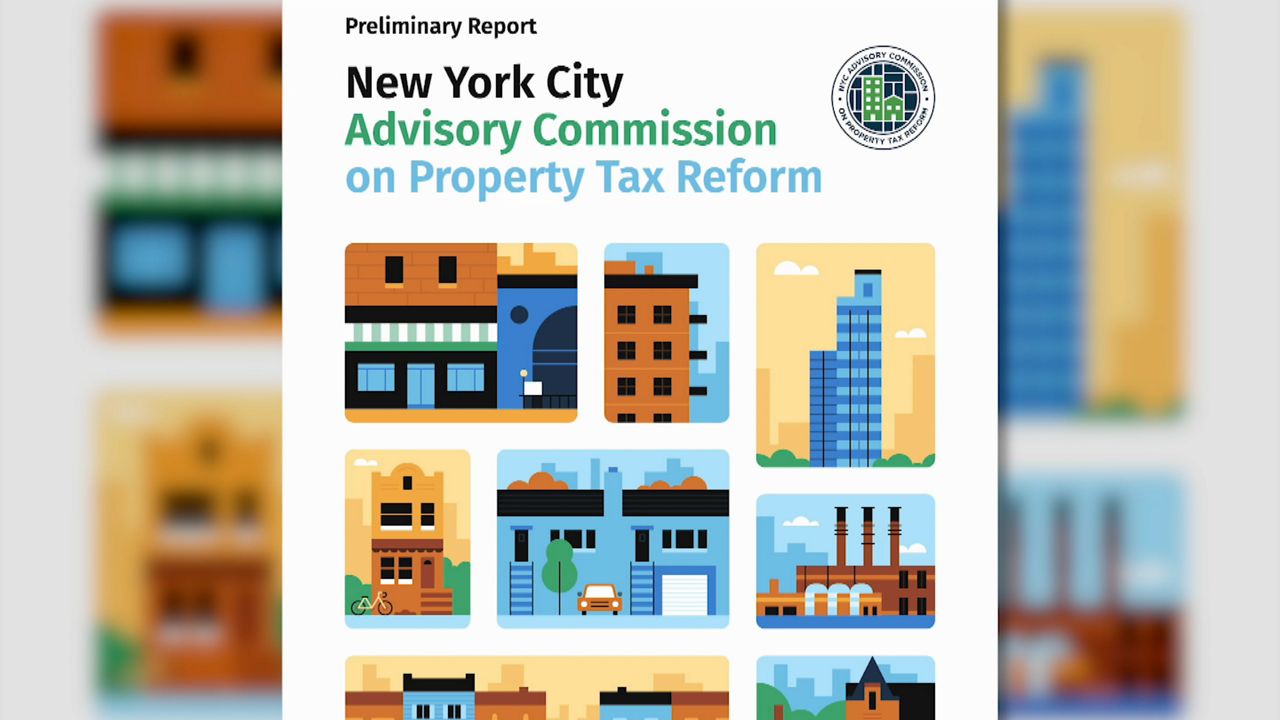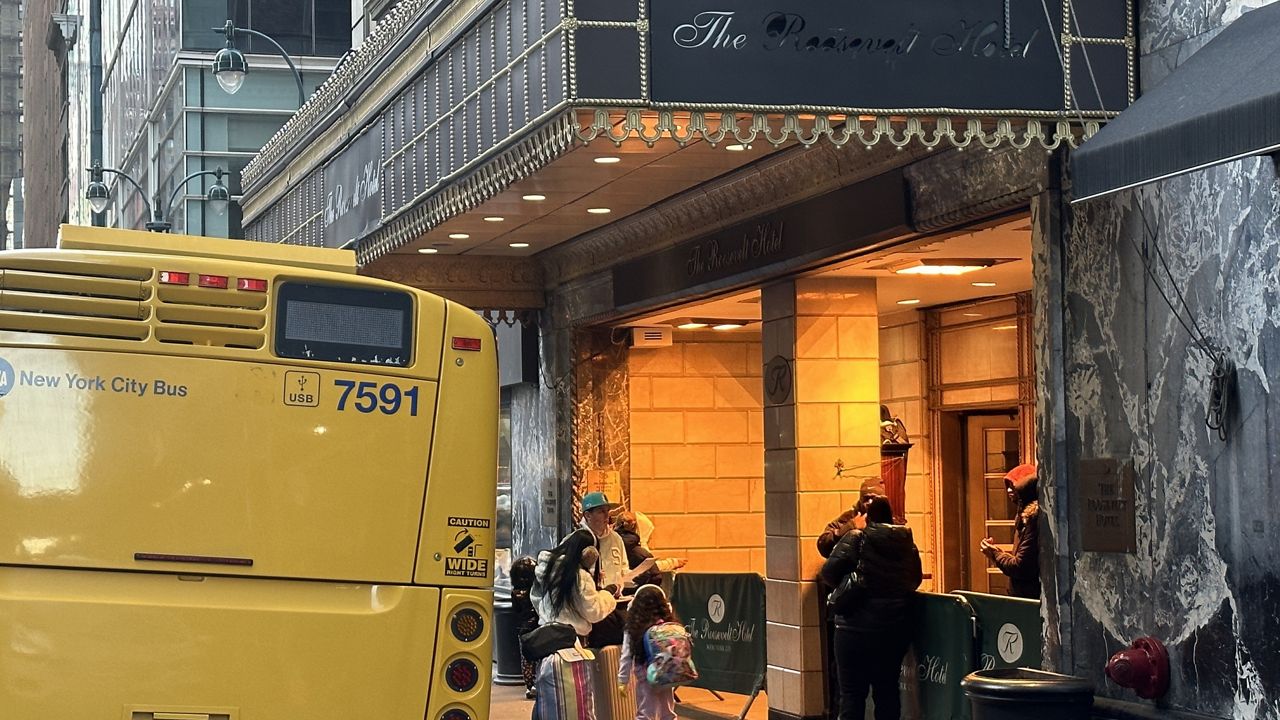It’s a long-awaited report outlining steps to reform the city's notoriously convoluted and disparate property tax system.
A city commission found what many New Yorkers already know: The system is massively uneven, charging higher rates to many lower income home owners outside Manhattan while allowing often more affluent ones to pay a cheaper tab.
In New York City, the property tax yields approximately 45 percent of the City’s tax revenue, reforming the system has stumped a generation of politicians who have consistently delayed reform.
And then, there is Albany. Any change to how properties are taxed in New York City requires approval in the legislature. There are parts of the code the city controls, but major structural changes for property taxes require Albany's approval.
The report issues 10 recommendations to overhaul the system, among them are proposals to move co-ops, condominiums and rental buildings with up to 10 units into a new residential class along with 1 to 3 family homes, and using a sales-based approach to value all properties in the residential class. Under the new proposals, every property in the class would be assessed at its full market value— a major departure from how things are in some neighborhoods.
Whether any of the changes are adopted remains to be seen. One thing is certain: there will be winners and losers across a range of homeowners. And even mayor de Blasio, who for years has benefited from the lopsided system, could see his tax bill go up.
Now that the preliminary report is finished, the commission will kick off a second round of public hearings before submitting a final report to legislators in Albany who might hold the final word on just how to change the system.
Get the best experience and stay connected to your community with our Spectrum News app. Learn More






_DNT_Con_Edison_Rate_Hike_Rally_CLEAN)
_PKG_Mn_National_Day_of_Protest_133519527_2444)
_DNT_Mayoral_Forum_021325_CLEAN)